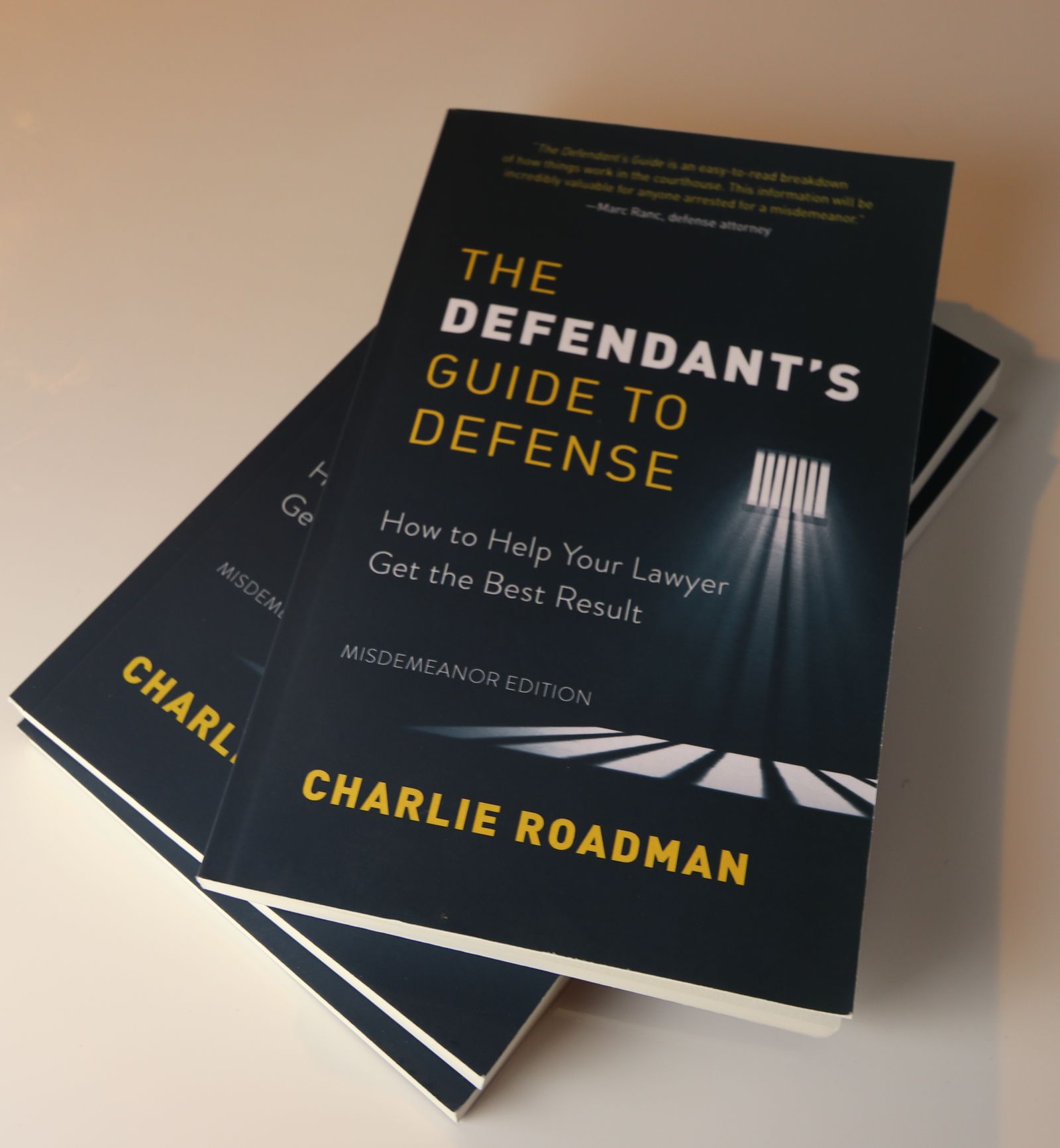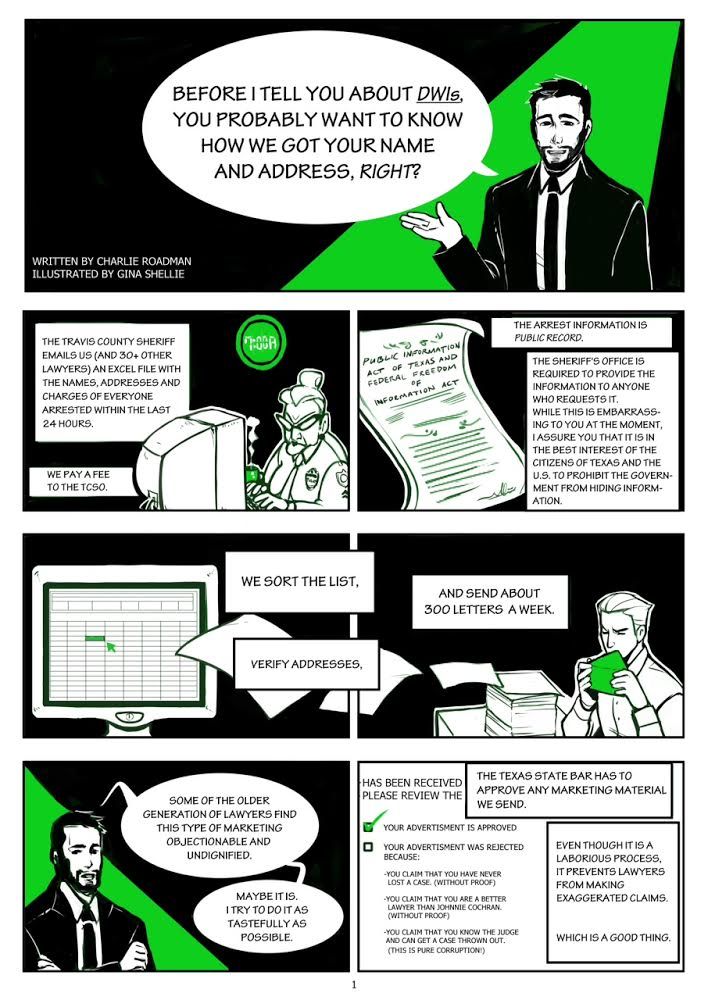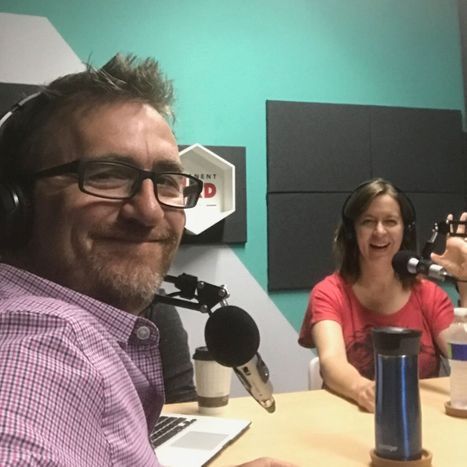How Personal Bonds Work
How Personal Bonds Work
Charlie explains the concept of Texas bail bonds and the workings of a personal bond in Travis County.
FAQs
Q: What exactly is a personal bond?
A: A personal bond is a contract or agreement between an individual, the county, and the judge, promising the individual will appear in court on their scheduled date. Failure to appear can result in a warrant and the county may sue for the bond amount.
Q: How is a personal bond authorized?
A: A personal bond must be signed by a judge, who decides whether to allow an individual to be released. Judges may deny personal bonds in certain cases based on their assessment of risks.
Q: Are there fees associated with personal bonds?
A: Yes, while the full bond amount (ranging from $2,000 to $10,000 or more) doesn't need to be paid, there is a small fee payable to the county, like Travis County. This fee can vary from $20 to $150, depending on supervision requirements like an ignition interlock device.
Q: What important information is included on a personal bond?
A: Key information on a personal bond includes the court date, location (like the Travis County Blackwell-Thurman Criminal Justice Center), and any conditions attached to the bond. It's essential to track these dates or have a lawyer do so.
Q: What are bond conditions, and how do they work?
A: Bond conditions are specific requirements an individual must fulfill as part of the bond agreement. For example, a DWI case might require an ignition interlock device, or an assault case might include a stay-away condition. These conditions are listed on the bond paperwork and may be supervised or unsupervised.
Q: How are bond conditions supervised?
A: Some bond conditions require coordination with a supervisor from Pretrial Services, who ensures compliance with requirements like installing an ignition interlock device. Attorneys can help modify or waive certain conditions.
Q: Who is eligible for a personal bond?
A: Eligibility for a personal bond is determined by Pretrial Services and the judge, based on factors like residency, employment, previous arrests, and court appearances. Judges pay particular attention to community safety risks in assault cases.
Q: Can an attorney influence the decision on a personal bond?
A: Yes, an attorney can provide additional information or documents to help a judge decide on granting a personal bond, especially if initial eligibility criteria are not met.
Q: What are the alternatives if a personal bond is not granted?
A: If a personal bond is not granted, an individual may still be eligible for a regular bail bond or a cash bond, where the full bond amount is paid in cash at the jail. Our office can provide further assistance and answers regarding these options.



